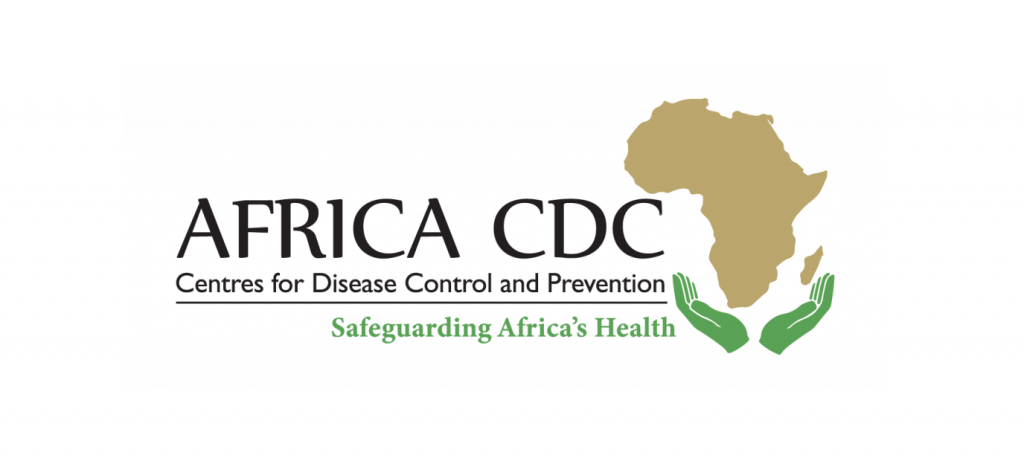The African Union’s public health watchdog announced a public health emergency on Tuesday in response to the increasing Mpox outbreak across the continent, describing the decision as a “clarion call for action.”
Several African countries, especially the Democratic Republic of Congo, have been affected by the outbreak of the virus, previously known as monkeypox, which was initially identified in humans in 1970.
“With a heavy heart but with an unyielding commitment to our people, to our African citizens, we declare Mpox as a public health emergency of continental security,” Jean Kaseya, head of the Africa Centres for Disease Control and Prevention (Africa CDC), said during an online media briefing.
“Mpox has now crossed borders, affecting thousands across our continent; families have been torn apart, and the pain and suffering have touched every corner of our continent,” he said.
Data from the CDC revealed that 38,465 cases of Mpox were recorded as of August 4, and the mortality rate in Africa hit 1,456 since January 2022.

“This declaration is not merely a formality; it is a clarion call to action. It is a recognition that we can no longer afford to be reactive. We must be proactive and aggressive in our efforts to contain and eliminate this threat,” Kaseya said.
The organisation is using its newly granted continental security authority for the first time in 2022. This move is anticipated to aid in the early mobilisation of funds and other resources to stop the spread of disease.
Boghuma Titanji, an associate professor of medicine at Emory University in the United States, described the CDC announcement as a critical measure for improving coordination among African nations and urging them to allocate resources to combat the outbreak.
“While there has been substantial criticism of foreign donors for inadequate support, the over-reliance on external aid has highlighted a major flaw in the current response efforts,” Titanji said in a statement.
The CDC’s announcement on Tuesday precedes a meeting of the World Health Organisation’s emergency committee on August 14, which will determine whether to declare a public health emergency of international concern (PHEIC) — the highest level of alert the WHO can issue.
Formerly known as monkeypox until 2022, Mpox is a viral infection transmitted to humans from infected animals, which can also spread between people through close physical contact. Symptoms include fever, muscle aches, and large, boil-like skin lesions.


